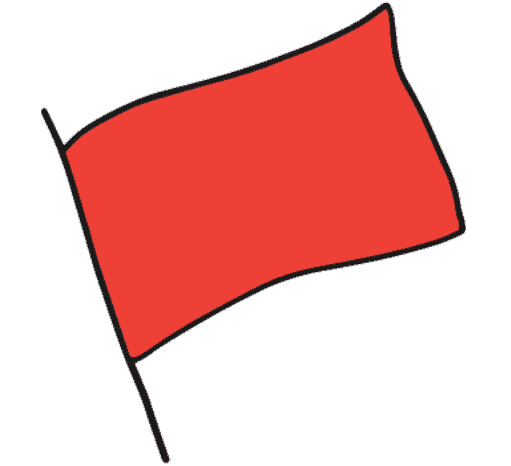Volvik golf balls are amongst some of the more well-known golf ball brands. They are generally more affordable than the more popular golf ball brands, yet perform very similarly. However, given the strict standards that golf ball manufacturers must’ve here too, are Volvik golf balls legal?
To figure this out, I took a look at the USGA and R&A equipment database. This database has a log of all legal and conforming golf equipment.
Are Volvik golf balls illegal? According to the USGA and R&A, Volvik golf balls are totally legal to use. This means that they are legal for any casual, high-level amateur, or professional golf outings. In other words, any golfer can legally use these golf balls.
For reference, the USGA and R&A are both considered governing bodies of the golfing world. All rules and regulations created by them should be considered law by all other golfing groups and organizations.
Below is a screenshot of all of the legal Volvik golf balls according to the database:
As you can see, I searched for the name “Volvik” under the category “Conforming Balls”. According to the database, there are over 138 Volvik golf balls that conform to the rules. So, it is safe to assume that all Volvik golf balls are legal.
What Is The USGA and R&A Conforming Equipment Database?
The USGA and R&A database is essentially a list of all the conforming and legal clubs and other golf equipment. Any piece of golf equipment that is registered with the USGA is in this database.
So, for any future queries about which golf balls or golf clubs are legal, this database will show you if they are legal or not.
What Makes a Golf Ball Illegal?
The USGA has very strict rules on the equipment that players are allowed to use. Manufacturers must adhere to all of the equipment rules in order for their club or ball to be considered legal. Golf balls are no exception. Below is a list of the general equipment standards for golf balls.
- The weight of the ball must not be greater than 1.620 ounces avoirdupois
- Golf balls may have a single, concentric core with a diameter of ≤ 0.9-in
- The ball must not be designed, manufactured or intentionally modified to have properties which differ from those of a spherically symmetrical ball
- The diameter of the ball must not be less than 1.680 inches
If a manufacturer does not follow these rules, then the golf ball will be considered illegal
